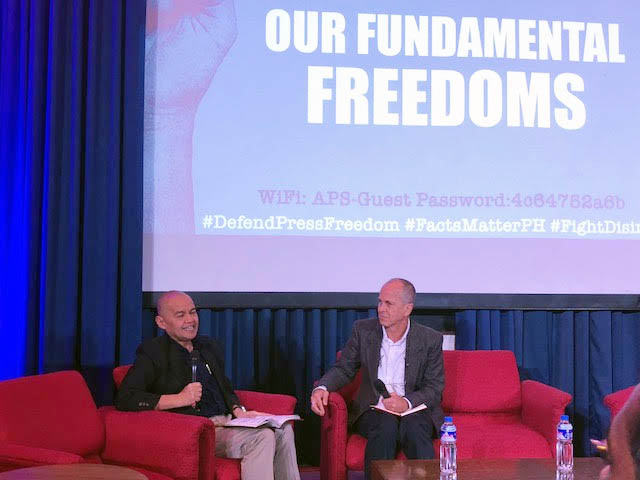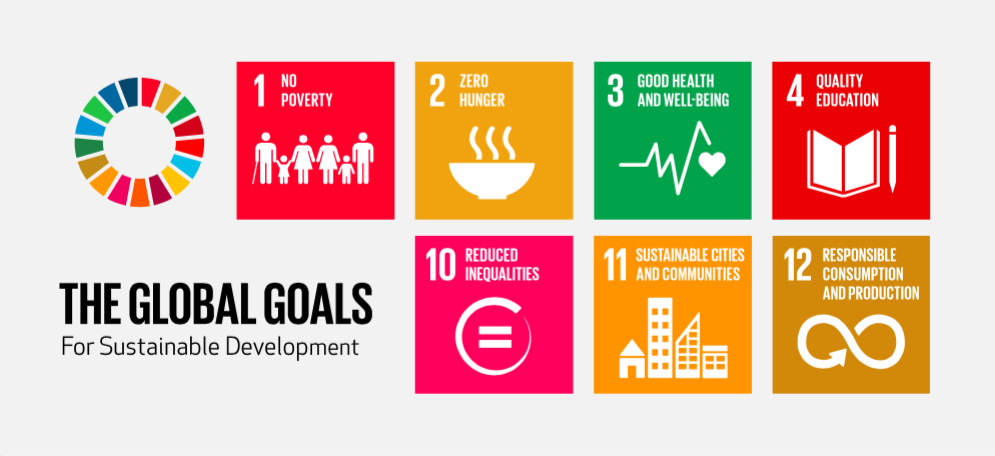A peek in the sex scandal laden world of teens?
This month is unusual in terms of the messages I received from recipients of negative online experience. Well because it involve minors, voyeurism and sex scandal.
- A parent reported how a fellow minor forced their kid to strip, while being photoed. Pictures were eventually distributed and tagged sex scandal.
- A guardian reported how a minor was tricked to stripping on cam, and her private pics eventually landed on a sex scandal blog
- A mother reported that her daughters’s topless pic were being passed around by classmates
- Another mother reported that a semi-nude picture of her daughter were being shared in Facebook and Instagram
- A minor reported that her private pics landed on a sex scandal porn site and the site disclosed her Facebook account, therefore, flooding her messenger and posts with nasty comments.
Likewise, some teen followers of mine hinted of two very recent sex scandals that went viral on Facebook. The first is said to be a 3 part series involving high school students who had sex while their friends watch and film them. The more recent sex scandal, according to them, is also a 3 part video involving a young model.
Though stories like these were not captured by majority of us, apparently, these don’t scape teen-agers. Or at least, on the circles of those who shared the info to me. A quick FB search for the hashtag and keyword revealed how active the minors were in discussing, commenting about the issue, and sharing links to a fake or dead sites.
According to this UNICEFs National Baseline On Violence Against Kids Survey
- The Philippines is in top 10 countries suffering from online child exploitation (ages 10-14)
- Online child abuse is leading form of Cybercrime in 2014
- Tens of thousands are estimated to be abused via webcam and live-stream
- One for every four kids are exposed to sexual content
- Secondary students are likely to experience online violence.
- Those kids who are w/ GF/BF have a higher risk of exposure
- Poor kids or those w/ parents who gamble are most likely to experience abuse
So this should not surprise us if our kids learn much about sex, and enticed to engage in, when they’re online.
Pop culture gone wild?
We all know that the our affinity to free speech plus social web brought the culture of “selfie”, “sharing” and “trolls”. The younger generation has been more assertive about themselves, and found a space to harness their creativeness. The key element for these is the ability to share and express in cyber space w/o censure.
However, the same platform meant to add value, was also being used for non value adding negative purposes. Some young people think that censuring them on these activities violate their freedom. On the first place, those who filmed and photographed themselves are to blame if and when these materials were accessed and released in the web, according to their logic.
The exchanges of semi-nude to nude photos, filming of intimate moments with or without consent, and sharing such materials liberally seem to have become “almost” ordinary.
It’s worth noting too, that in the photos and videos being shared, the face of the girls involved were often revealed, thus, they can be identified on Facebook. The face of the boy involve, is almost always hidden.
While the right to free speech is used as a license, the right to privacy, on the other hand, is being mocked. Once a photo or video is shared in the wild, without regard to the person involved and her family, it will be shared and re-shared.
Facebook often plays a cat and mouse game to minors as these videos and pics are uploaded, shared, downloaded, taken down, uploaded again, shared and the cycle continues.
In my gigs at schools, and when discussing these observations with other advocates, we discovered that incidents like these happen inside the bedroom of the kids. Because it’s either there are no one else in the house, or the guardians don’t mind if the kids and their classmates go straight to the bedroom and stay there for a long period of time. And because most kids have smartphones they are free to film. And if data service or internet is available, then sharing is inevitable.
School premises, at certain times, also becomes a venue for such escapades. Incidents like this happen during school activities where students converge on a single area, and the adventurous ones look for a secluded place to do their act, and film themselves too.
Of interest on this discussion is the findings UNICEF survey on the National Baseline On Violence Against Kids, these four contributes to the risky online behavior of minors: (1) Parents, (2) Economic condition, (3) peers and (4) age
Social engineering is the art manipulating the tendency of another person to trust, and to use that trust to make a person do something beneficial for the manipulator.
Social engineering is the mother of all abuses, it can lead to any form of abuse, online or not. And in the context of our discussion, kids are vulnerable to older kids and adults.
Not exactly innocent
A fellow advocate shared a story about a 17 year old girl who started with on-cam escapades for fun to Facebook friends. It eventually lead to a “for a fee” on-cam engagement. This eventually led to “walking”, a term being used for an escort. The girl since have amend her ways.
But my advocate friend claimed that since video chat services, and mobile apps abound, flirting on cam seems to be part of the online culture of the young people.
Should we hold someone accountable?
Parents are the first on the firing line when their kids go wayward. Others will point to the school for the values formation, and then the government for not doing enough to mitigate situations that temps our youth to cross over to the dark side. But should they be held accountable, or let the kids be accountable for their folly?
What can be done?
In your opinion, should adults do something to intervene or should we let the younger generation learn from these, and as they mature, correct these abuses?
This post is supported by a writing grant from the Philippine Center for Investigative Journalism (PCIJ) .


